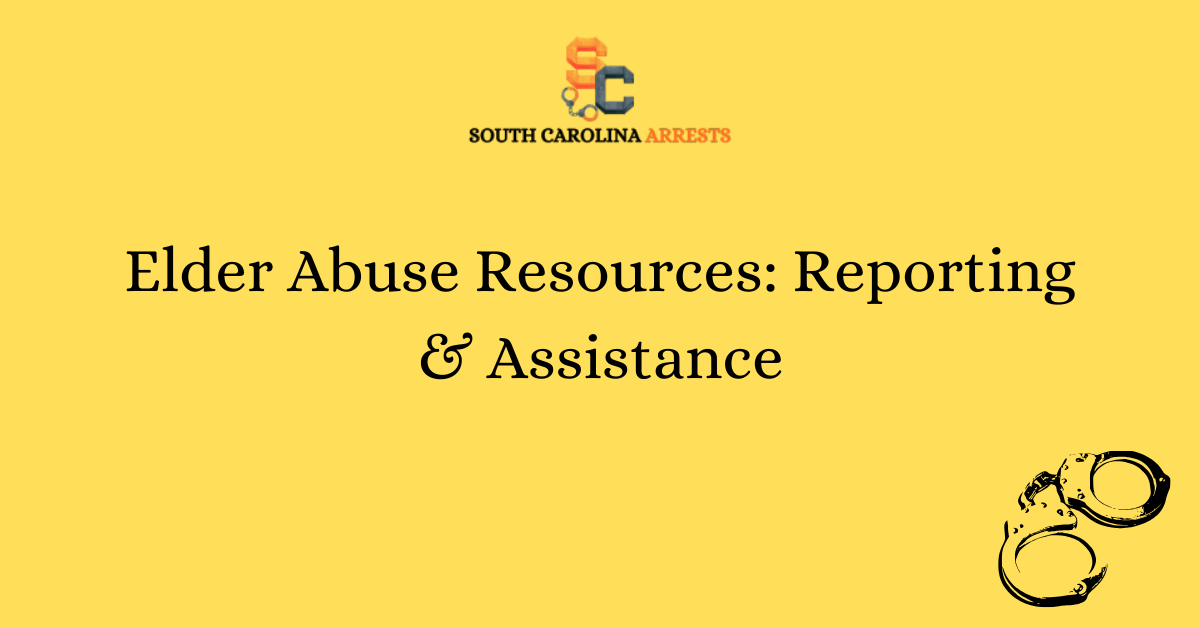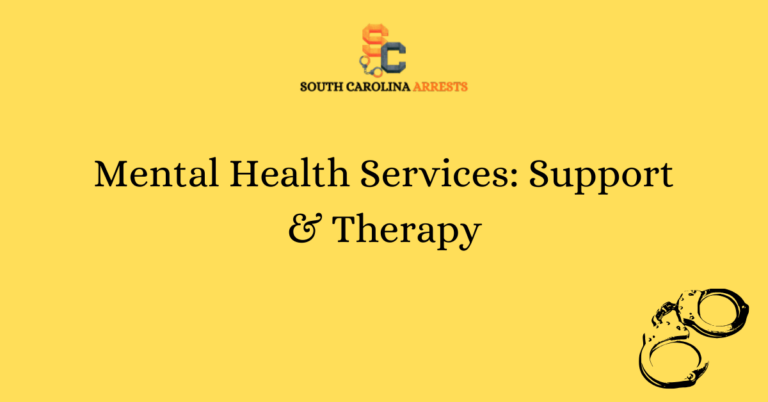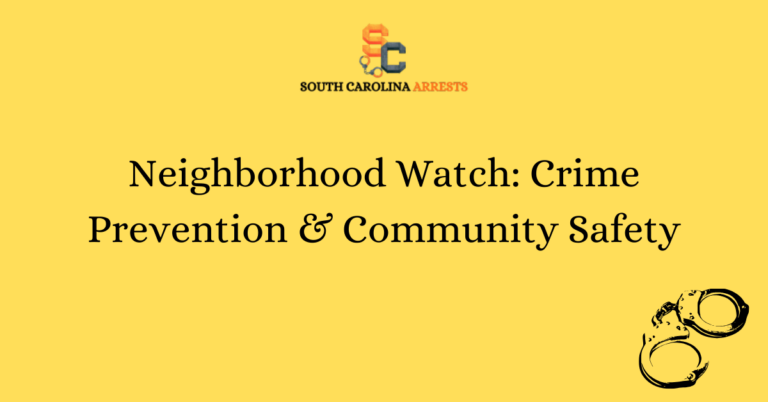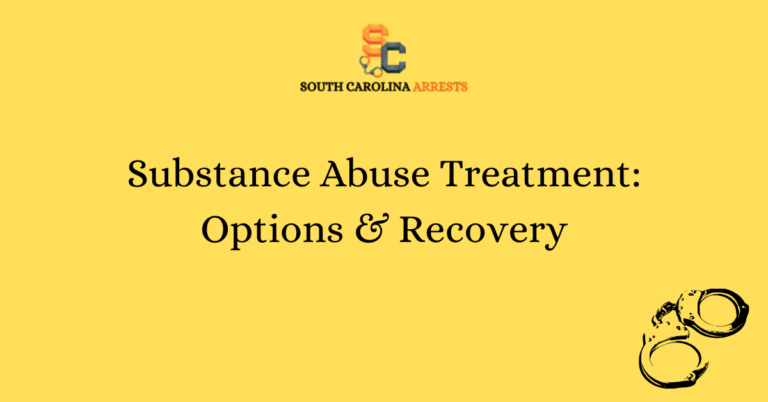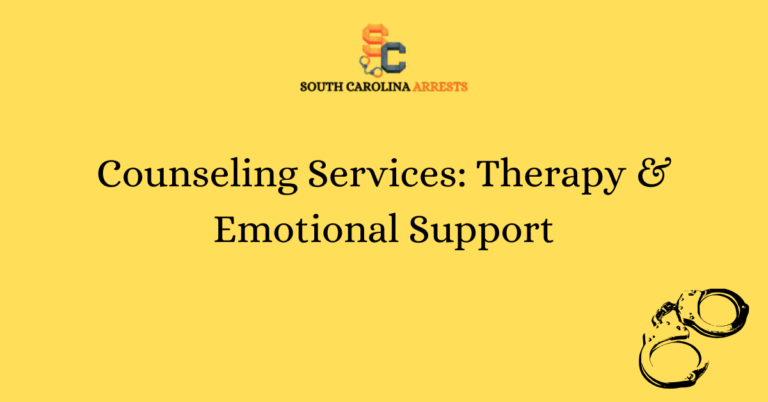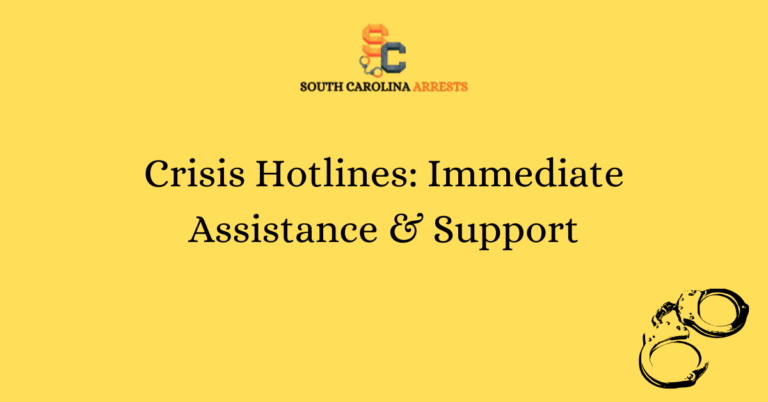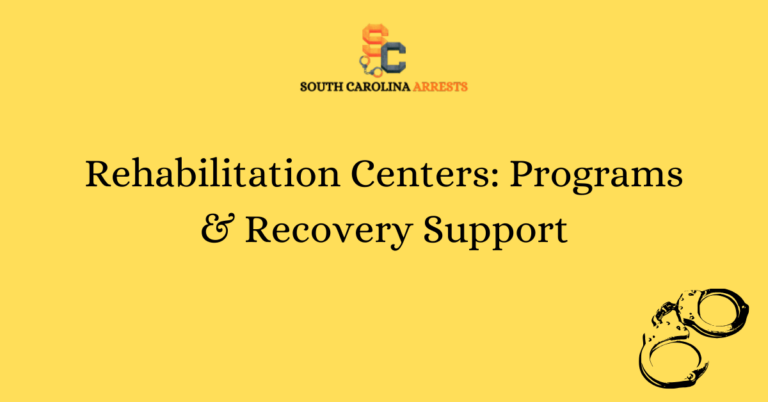Elder Abuse Resources: Reporting & Assistance
Recognizing Signs of Elder Abuse
Recognizing signs of elder abuse is crucial in protecting vulnerable seniors from harm. Physical indicators may include unexplained bruises, cuts, or burns, while emotional signs could involve sudden changes in behavior or withdrawal from social activities. Financial abuse may manifest as unusual bank account activity or missing valuables. It’s important to pay attention to these signs and take action to ensure the safety and well-being of elderly individuals.
Importance of Reporting Abuse
Reporting elder abuse is essential for preventing further harm and ensuring the victim’s safety. By reporting abuse, you not only protect the elderly individual in question but also help in holding the abuser accountable for their actions. Timely reporting can lead to intervention and support services that can prevent future instances of abuse.
How to Report Elder Abuse
If you suspect elder abuse, it’s crucial to contact local authorities or hotlines specializing in elder abuse resources. Reporting procedures are in place to maintain confidentiality and protect the victim from further harm. By reaching out for help, you can ensure that the necessary steps are taken to address the situation and provide assistance to the victim.
Support for Victims of Elder Abuse
Victims of elder abuse require support services such as counseling and legal aid to help them cope with the trauma and seek justice. Counseling services can provide emotional support and guidance, while legal aid can assist in pursuing legal action against the abuser. It’s important for victims to know that help is available and that they are not alone in their struggle.
Community Resources for Assistance
Communities offer a range of resources for assisting elderly individuals facing abuse. Senior centers provide a safe space for seniors to seek help and support, while support groups offer a sense of community and understanding. These resources can provide practical assistance and emotional support to victims of elder abuse.
Educating Others on Elder Abuse
Educating others on the signs and prevention of elder abuse is crucial in raising awareness and stopping abuse before it occurs. By sharing knowledge and prevention strategies, individuals can protect elderly members of their community and promote a culture of respect and care for seniors. Prevention is key in stopping elder abuse before it starts.
Advocating for Policy Changes
Advocating for policy changes is essential in improving laws and regulations that protect elderly individuals from abuse. By advocating for stronger protections and better enforcement of existing laws, individuals can work towards a safer and more secure environment for seniors. Policy changes can address systemic issues and provide long-term solutions to elder abuse.
Frequently Asked Questions
Our Frequently Asked Questions section aims to provide comprehensive information about Elder Abuse Resources: Reporting & Assistance in a clear and concise manner. Below, you will find detailed answers to commonly searched queries on Google related to this important topic.
What is elder abuse?
Elder abuse refers to any intentional or negligent act by a caregiver or trusted individual that causes harm or a serious risk of harm to a vulnerable adult. This can include physical, emotional, sexual, or financial abuse, as well as neglect.
How can I recognize the signs of elder abuse?
Signs of elder abuse can vary depending on the type of abuse, but common indicators include unexplained injuries, sudden changes in behavior, social withdrawal, financial discrepancies, and poor living conditions. It is crucial to be vigilant and report any suspicions of abuse.
Where can I report elder abuse?
If you suspect elder abuse, you can report it to local law enforcement, adult protective services, or a trusted organization such as the National Center on Elder Abuse. Reporting abuse is essential to protect vulnerable adults and hold perpetrators accountable.
What resources are available for elder abuse victims?
Elder abuse victims have access to a range of resources, including legal assistance, counseling services, emergency shelters, and support groups. Many organizations and agencies are dedicated to helping victims of elder abuse recover and rebuild their lives.
How can I help prevent elder abuse?
Preventing elder abuse starts with education and awareness. By learning about the signs of abuse, promoting respect for older adults, and supporting initiatives that protect vulnerable individuals, you can help create a safer and more compassionate community for seniors.
Are there laws in place to address elder abuse?
Yes, there are laws at the federal and state levels that address elder abuse, including the Older Americans Act and the Elder Justice Act. These laws aim to prevent, detect, and respond to elder abuse, ensuring the rights and well-being of older adults are protected.

